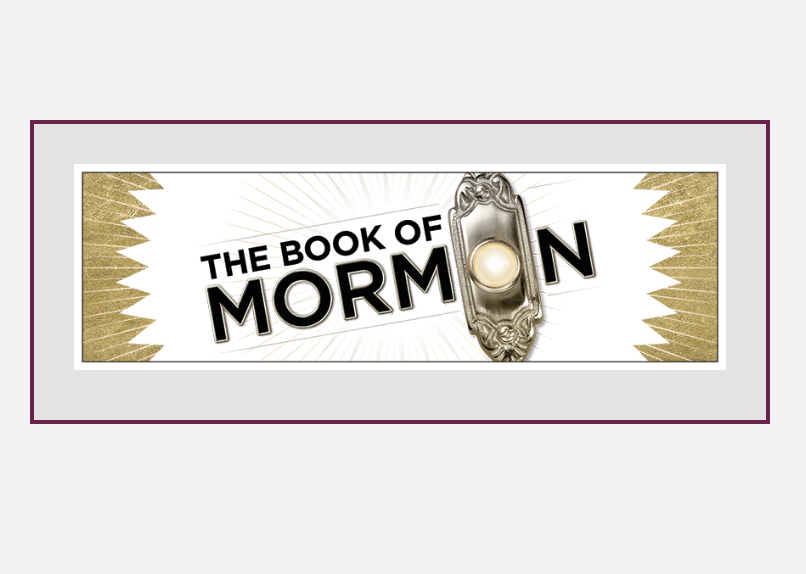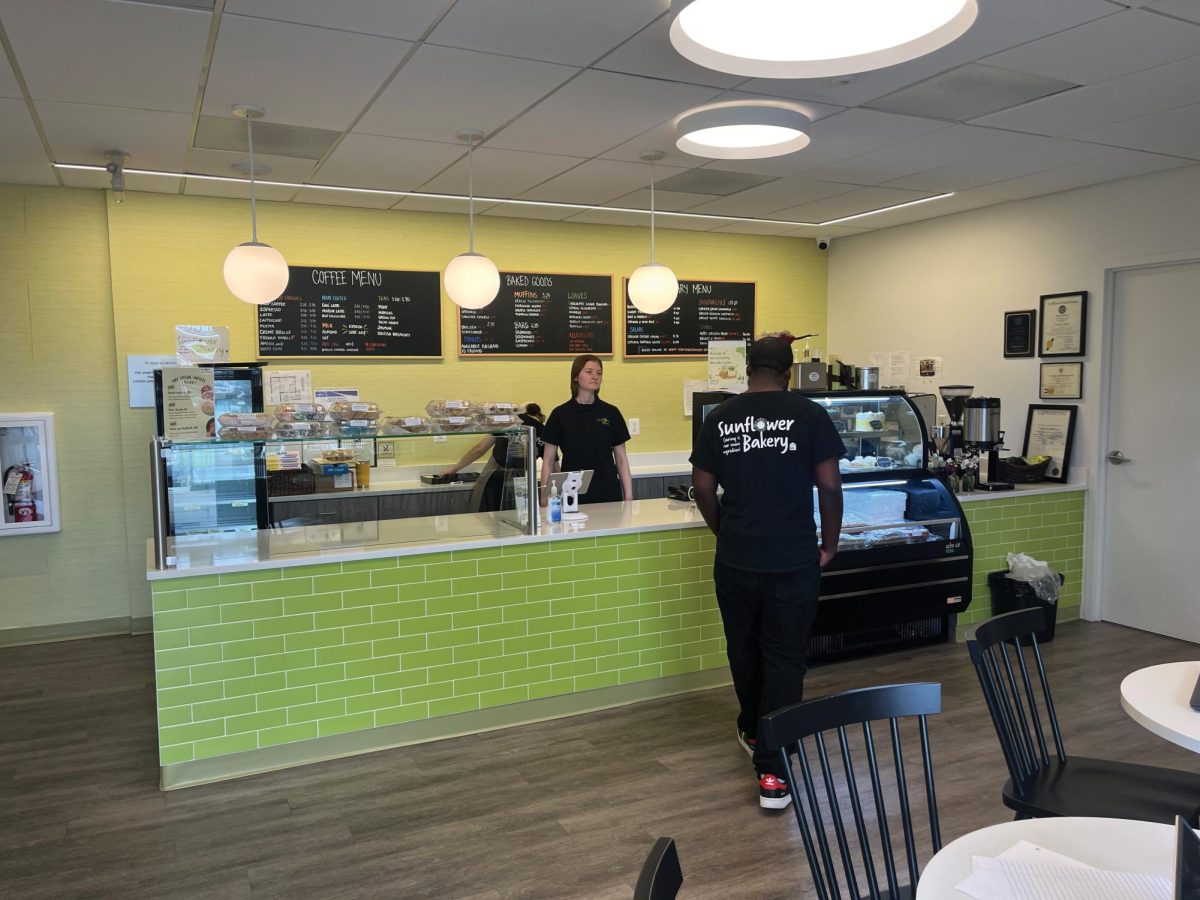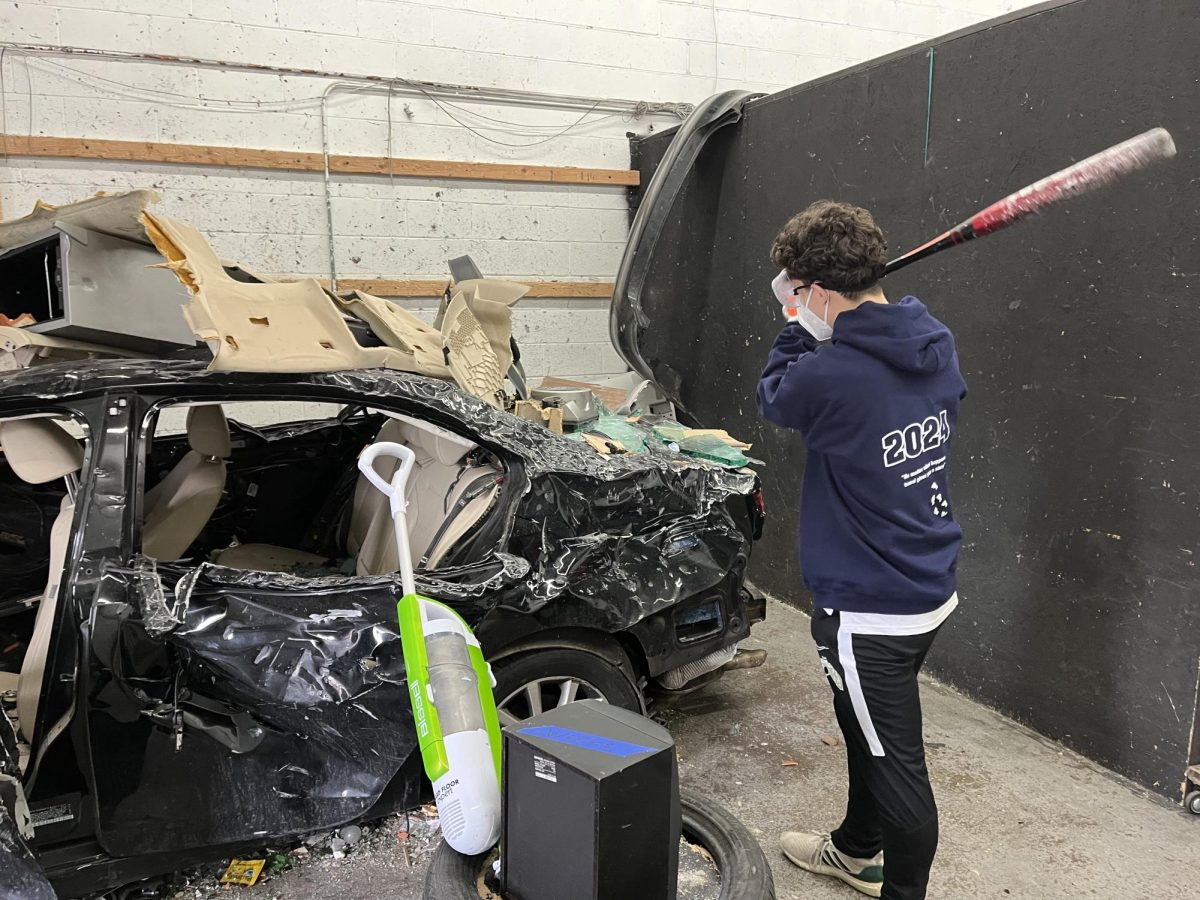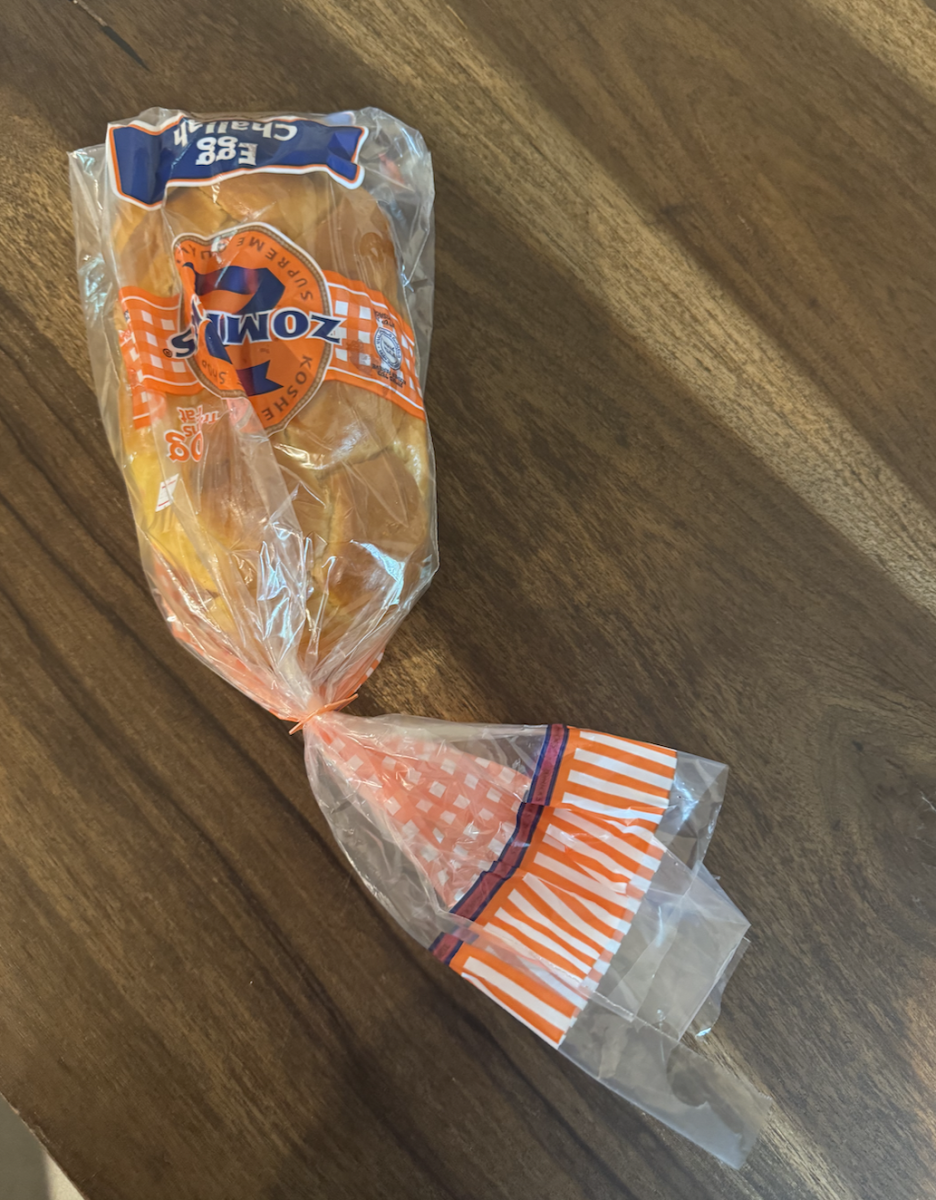Upon walking into the National Theater in downtown D.C. (now playing at the Hippodrome Theater until March 24), I had no idea what to expect from “The Book of Mormon.” Seeing it had been a bucket-list item for a long time, as many of my family members who saw it reminisced that they “fell out of their chairs laughing” and that the musical was “the funniest experience they have ever had.” I had long wondered what was so special about this show, and why my parents never allowed me to attend until a few years ago. Upon seeing “The Book of Mormon,” my high expectations were surpassed and all my questions about the show’s appropriateness and humor were answered.
The show’s premise was not one that I was familiar with, so I was shocked at the turn of events so quickly after the opening number of “Hello” which featured the stereotypical scene of Mormon missionaries training at a center in Utah. The audience was introduced to the main characters of the over-achieving Elder Price (Sam Nackman) and the well-meaning but ineligible Elder Cunningham, played by Sam McLellan.
As Elder Price and Elder Cunningham are paired together for their Uganda mission, their humorous dynamic classifies Cunningham as a “follower” when Price sings the ballad “You and Me (But Mostly Me).” Anyone with a main character complex will be sure to empathize with Prince’s aspirations to achieve greatness despite the setback of Elder Cunningham’s colorful personality.
Once the duo arrives in Uganda, the set design and costumes depict a particularly ridiculous view of Uganda, with a dead cow being pulled through the streets, and gang violence terrifying the people. These few scenes were especially funny, as they spun very deep issues such as an uneducated view on Africa in “Hasa Diga Eebowai” and the conservative Mormon lifestyle in “Turn It Off,” giving a witty touch to the pure humor. At this point, the costumes only accentuated the plot, as they put all the Mormons in identical pink vests, to bedazzle the homogenous uniforms that they are generally dressed in.
The story follows the seemingly simple, yet complex stories of Elder Cunningham and Elder Price, as they both essentially “switch roles” where Elder Cunningham gains the popularity of the people through his bending of the truth, and Elder Price is an outsider as he has a crisis of not living up to expectations. By the end of the first act, the fusion of all the songs played creates a musical parody of all the dramatic shows that choose to end their first act in the same way.
The second act was filled with even more craziness and continued to play on Mormon guilt associated with deviation from the missionary lifestyle which is portrayed in the scene “Spooky Mormon Hell Dream.” This scene had me laughing so hard that tears were coming out of my eyes, and the rest of the audience shared my sentiment. The sheer absurdity of the dance number had people to my left and right whooping with laughter as the scene was a complete over-exaggeration of Mormon guilt.
The story went on to show the stereotype of white people assuming characteristics of Africa with the song “I am Africa” by showing how they think that it is all similar to the “Lion King” and how all parts of Africa are the same.
While I thoroughly enjoyed the performance, there were aspects of the show that were not particularly for me. The concept of critiquing all cultures was one of the most prominent parts of the show, where the takeaway at the end started to feel a little forced toward nihilism.
The underlying social commentary was an aspect that was particularly appealing to me. The surface-level humor with crude jokes and language was entertaining, but an undertone of revealing stereotypes of all people was especially poignant.
I guarantee that the Book of Mormon will bring some lessons on life in addition to humor that will have viewers falling out of their seats with laughter.














